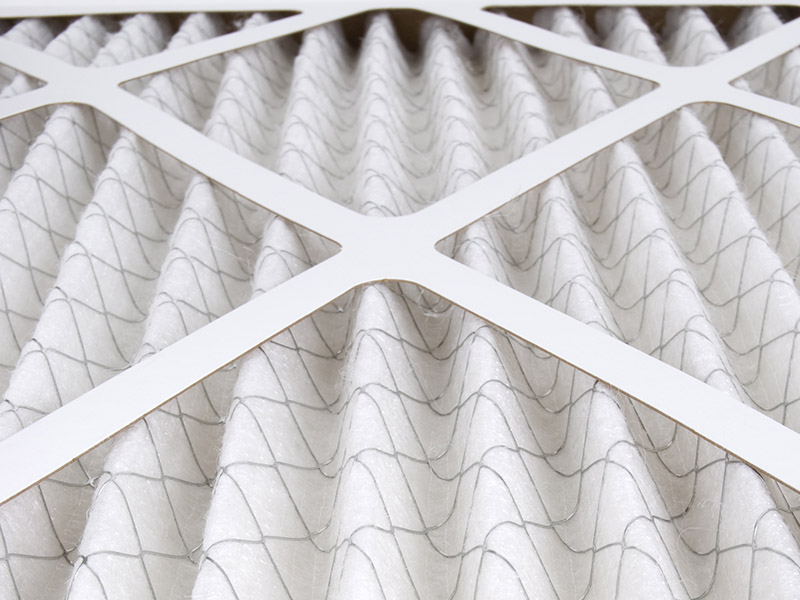Winters in Hardeeville, SC, are relatively mild most of the year, so you probably won’t need to run your furnace for months on end. However, nights can still get cold enough that you need your heating system, and you want to save money when you use it. Follow these seven tips to help make your heater more energy-efficient and to reduce your impact on the environment:
Maintain a Clean Filter
The first thing you should do is keep your furnace filters clean. Most filters need replacement every 60 to 90 days. However, you should check them every month to ensure that air is still flowing easily.
When you do check them, consider vacuuming off the intake side to allow more air to pass through. Regularly cleaning your filters will help keep your furnace running efficiently throughout the season.
Get a Tuneup
After your air conditioning runs throughout the summer, your furnace will have a collection of dust. Dust and dirt collecting on your furnace heat exchanger and burner can restrict airflow. Those restrictions will cause your furnace to work hard, which reduces its efficiency.
When you get a tuneup, your comfort specialist will clean the areas where these contaminants commonly collect. They will also look for any parts that aren’t performing optimally and recommend appropriate repairs. This keeps your operational costs down as well as reduces the need for expensive emergency repairs.
Seal Your Leaks
Your home isn’t airtight, so as you’re heating your home, some of that heat will leak out. There are some areas that commonly leak, and you can either seal them off completely or reduce the volume of leakage. These areas include:
- Air ducts.
- Weather stripping around doors.
- Fireplaces.
- Dryer vents.
- Electrical outlets.
As you work to seal these areas, be conscious of the insulating material. For instance, be careful when packing insulation that’s not fire resistant into an electrical outlet.
Seal Drafty Windows
According to the U.S. Department of Energy, windows with gaps can lose up to 30% of the energy that heats your house. If you can reduce the air coming into contact with the window itself, you can reduce this heat exchange to the outside.
One simple way to achieve this is to use heavy curtains or thick blinds. Another option that’s nearly as simple is to install a window-sealing kit. Both of these prevent air movement around the window, keeping more heat inside.
Use the Sun to Your Advantage
When the sun is shining in Hardeeville, SC, you want to be sure to take advantage of it to help heat your home. On sunny days, open the blinds on your south-facing windows to allow sunlight to warm your rooms. Use fans to help circulate the air throughout your home and even out the temperatures.
Once the sun sets, close the blinds or curtains to keep the heat from escaping back out. Keep more of your blinds drawn on overcast and dark days when there will be little solar heating.
Keep an Eye on Your Thermostat
Be sure to watch your thermostat over the winter as well. First, if you live with other people, there’s always the risk of someone else adjusting the temperature.
Consider setting your temperature setting about 10% lower when you’re not home. So if you normally keep your home at 68 degrees, consider setting it to 62 degrees. This will keep your home safe but reduce the energy you expend.
You can install a smart or programmable thermostat to help with this. Set it to automatically adjust so the house is the right temperature when you arrive and still save on energy.
Balance Proper Humidity
Winters are already drier than summers by nature, and when you run your heating, the air dries out even more. This makes the air feel colder.
Consider running a humidifier in your home to keep the moisture in the right range, usually between 30% and 50%. This reduces the contaminants floating around in the air, allowing your heating to run more efficiently.
Our award-winning team of comfort specialists has been serving southern South Carolina since 1972. Call today to schedule your furnace maintenance with Howell-Chase Heating & Air Conditioning.
Image provided by iStock










